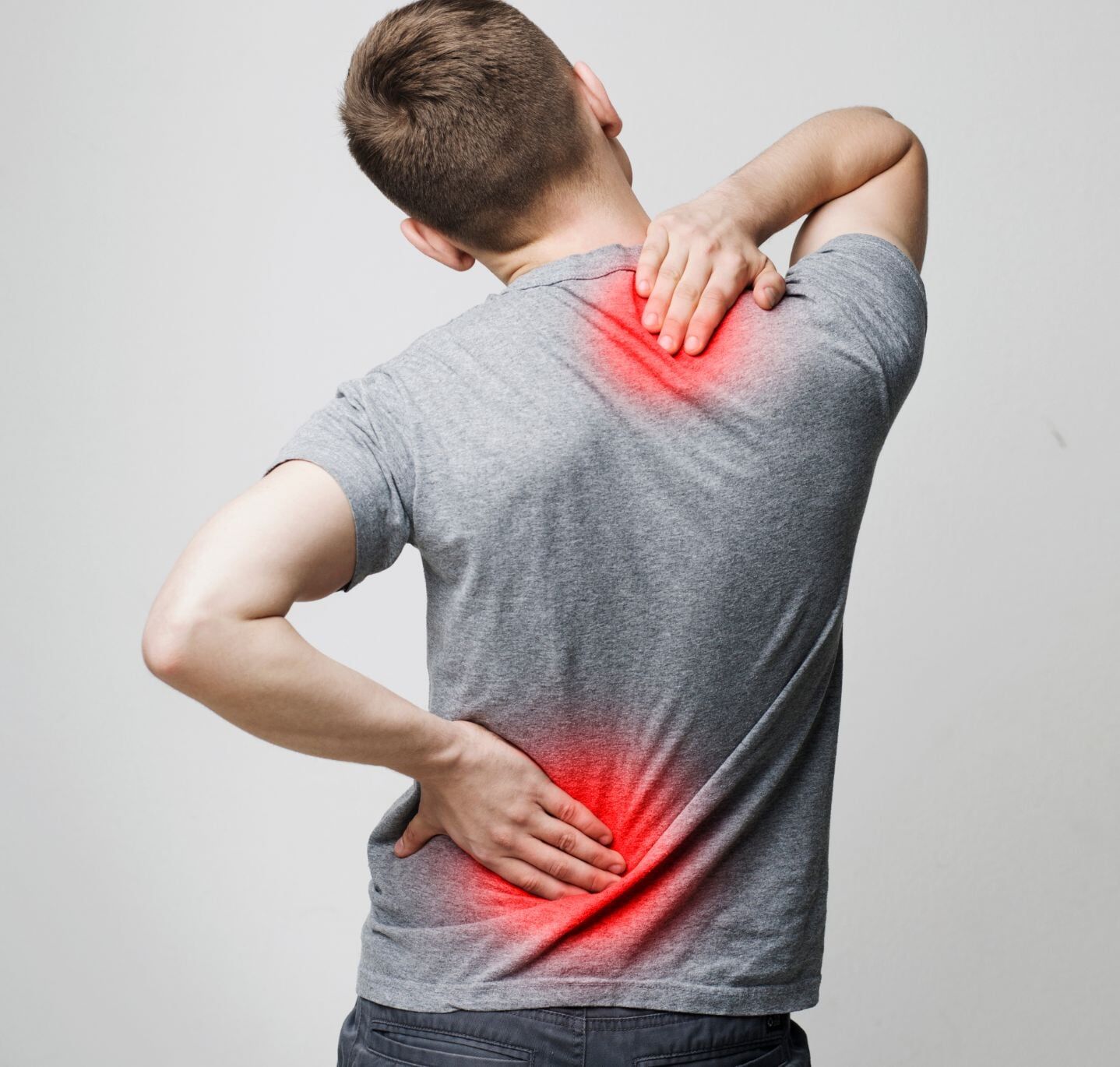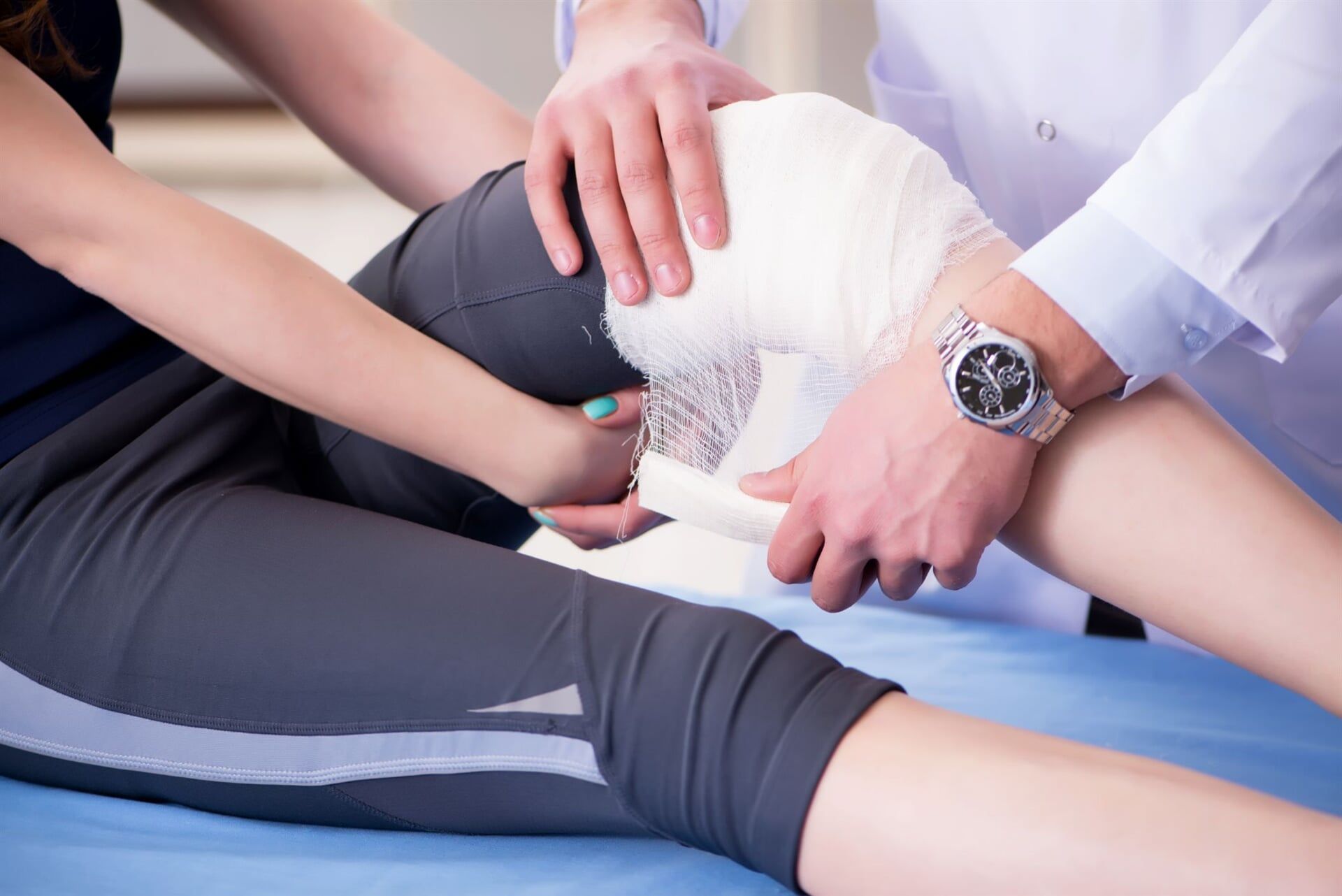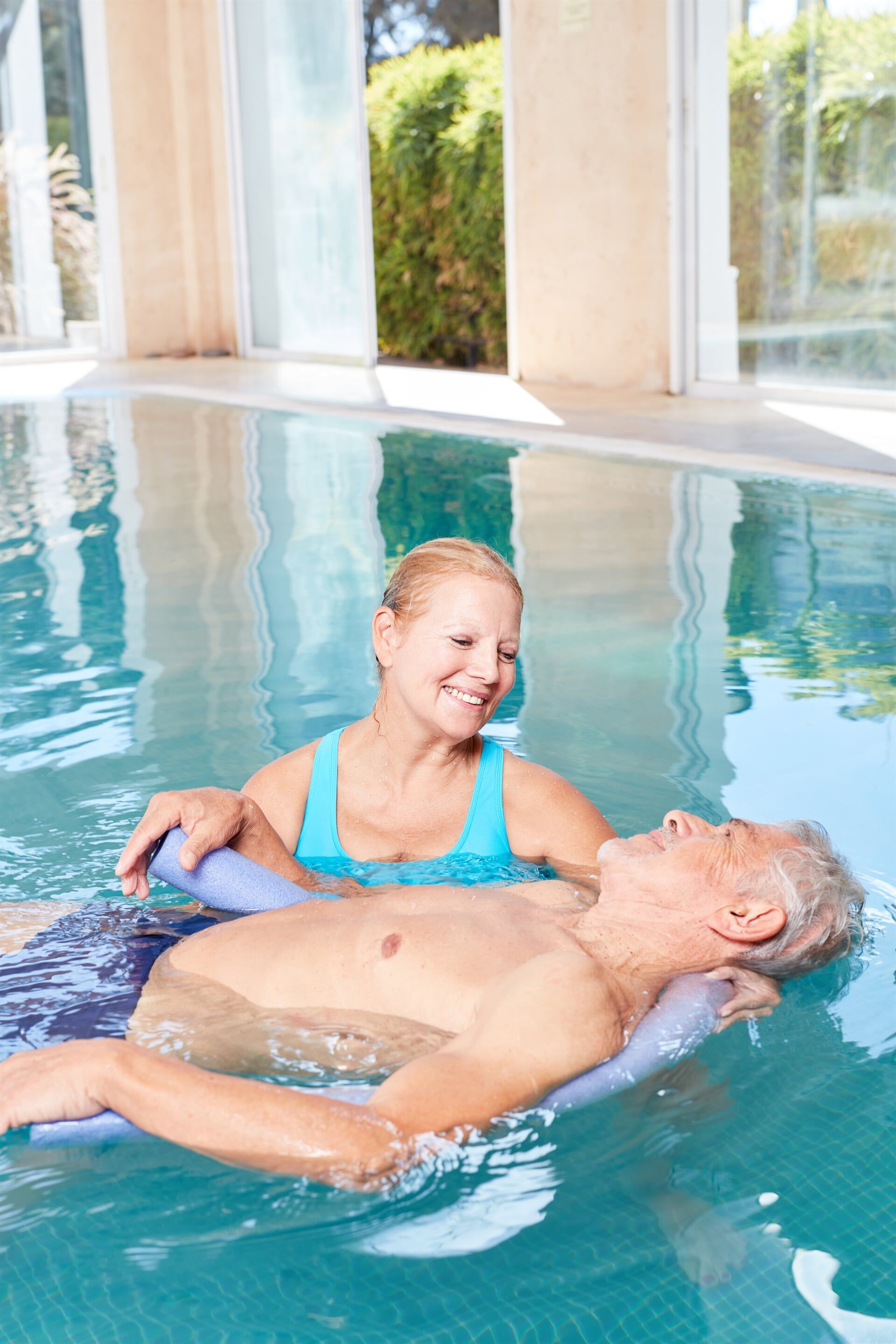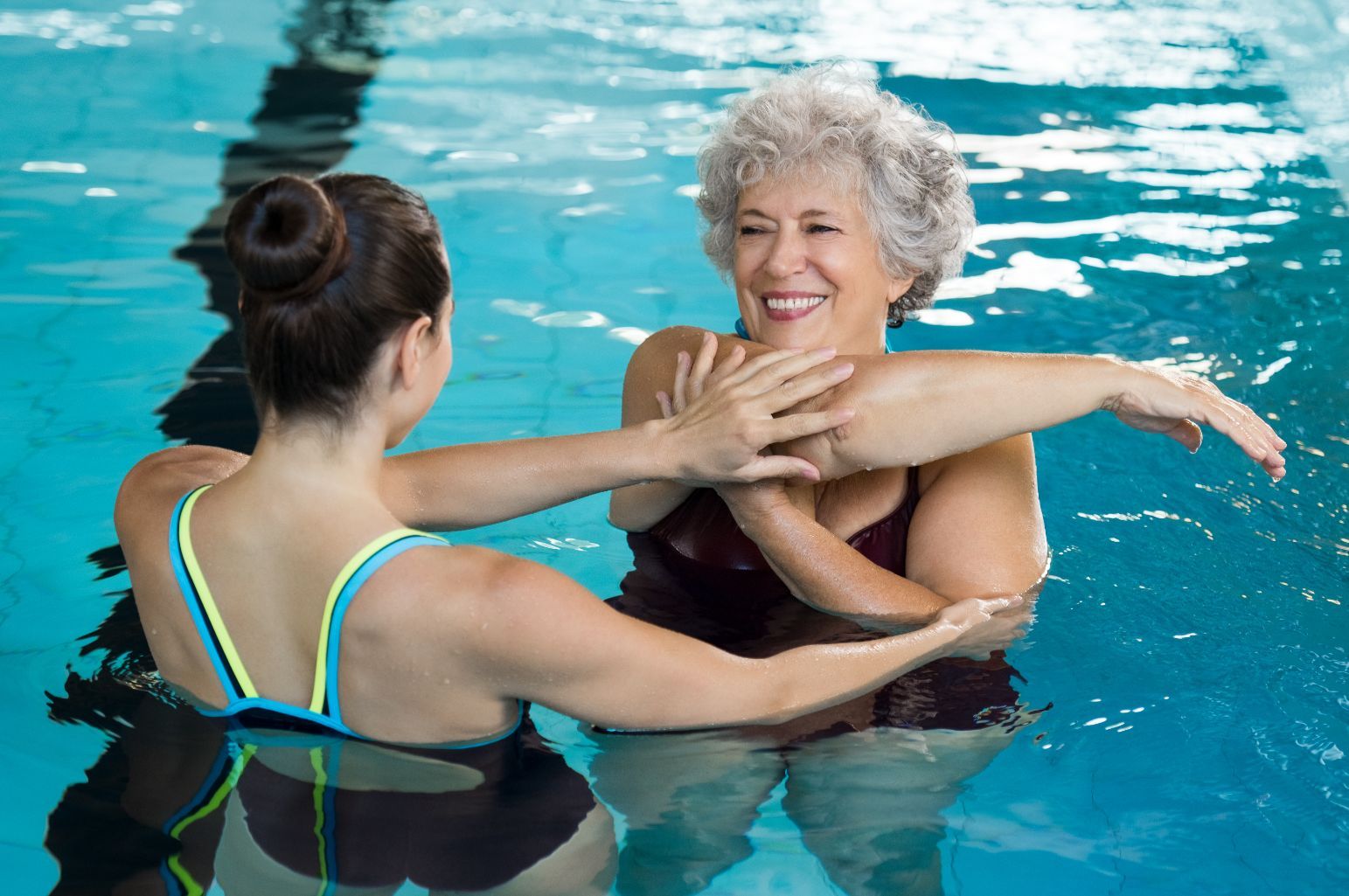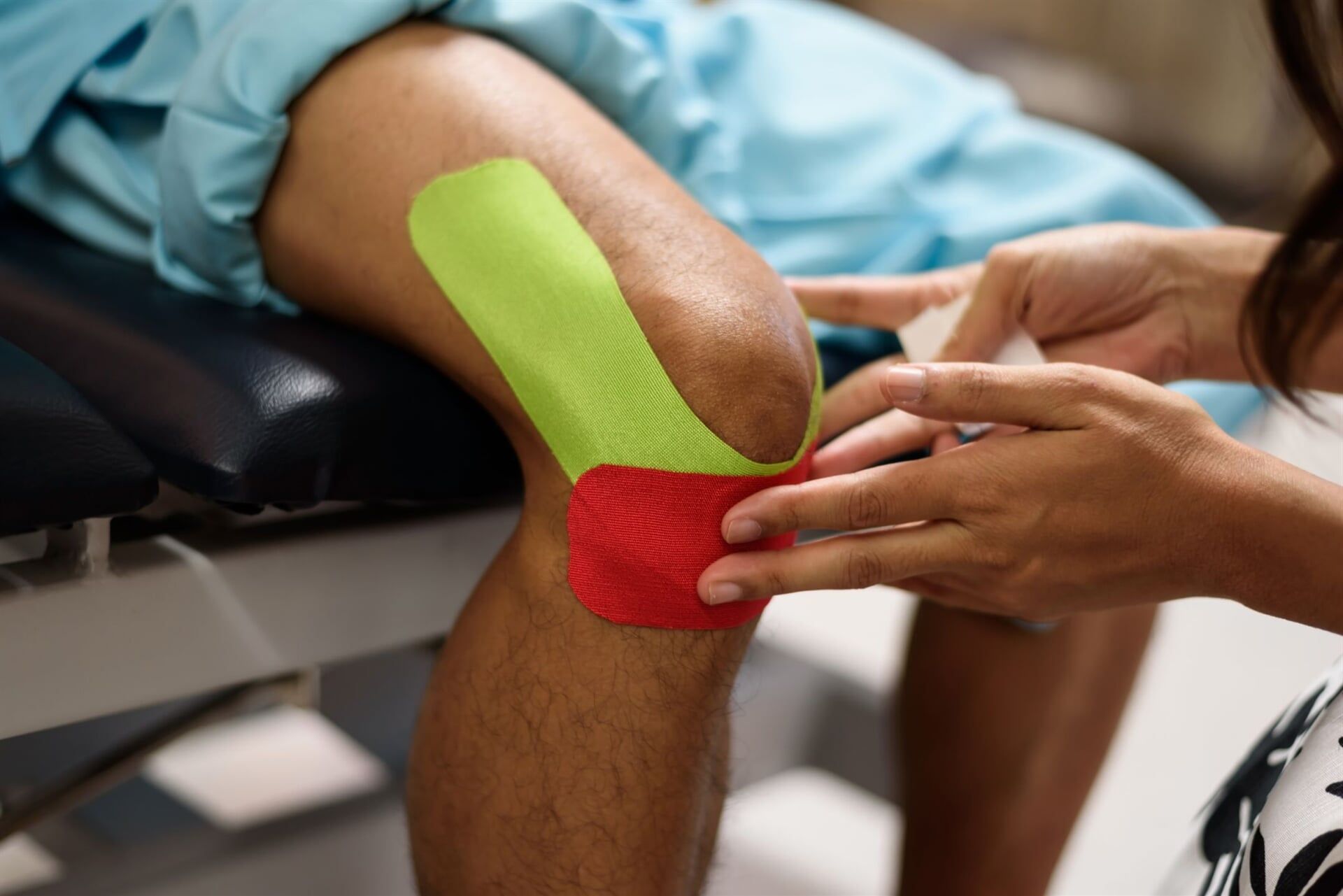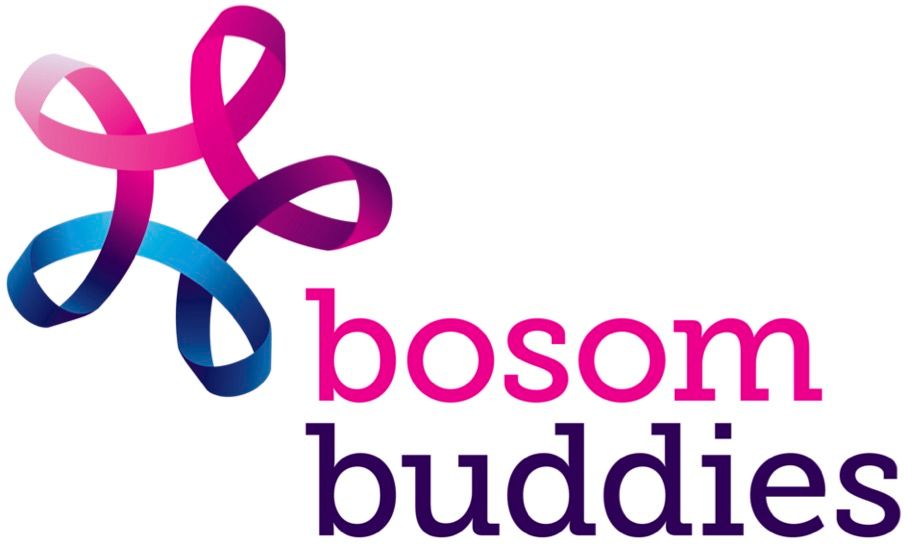Our Services
Sports Injuries
With all types of sports, there is potential for injury. Our physiotherapists can help you recover from common sports injuries such as joint and soft tissue sprains and strains, dislocations, bruises/contusions and muscle soreness.
We can also assist you in managing more complex sporting injuries such as ACL and meniscal tears in the knee, rotator cuff tears and labral pathology of the shoulder and hip impingement to name a few. During your recovery we will work with you, and your surgeon if this applies, to design an individualised rehabilitation and recovery program to assist you in remaining fit whilst off sport and to aid you in returning to sport in a timely and safe manner, in align with your injury recovery.
Our Physiotherapists treat people with injuries from sports such as basketball, football, mountain biking, rugby, snowboarding and skiing, tennis, weight training, swimming, yoga, karate, touch football and many other individual and group sports.
Back And Neck Pain
1 in 6 Australians are affected by low back pain every year. It is one of the most common causes of pain and dysfunction in our community and can significantly impact on our ability to carry out every day activities. Pain experienced in the neck, back and/or pelvic regions is collectively called Spinal Pain.
Our Physiotherapists are experts in the treatment of spinal pain, providing a range of treatment techniques and exercise therapy for common conditions such as:
- Disc injuries
- Sacroiliac Joint Pain
- Facet Joint pain and osteoarthritis
- Lumbar spine spasm
- Nerve pain & sciatica
- Scoliosis
- Pre and post spinal operative rehabilitation
When we treat spinal pain, we take into consideration many different factors including how your pain started, how long your pain has been present, what activities aggravate or ease your pain, whether you’ve had previous injuries and whether you’ve had previous treatment and if it did/didn’t help with your pain.
Our Physiotherapists have extensive training and experience in many treatment options for spinal pain, some of which may include:
- Soft tissue massage to assist with relief from muscular tightness or spasm
- Spinal joint mobilisation or manipulation techniques to improve motion of specific spinal joints which may be stiff or tight
- Trigger point dry needling to help treat myofascial trigger points
- Specific core muscle control exercises to help retrain the core stabilising muscles of the spine
- Leg & hip strengthening exercises to help address any surrounding muscle imbalances
- McKenzie therapy or exercise where specific movements can be completed in a repeated fashion to relieve & assist with recovery from spinal pain
- Hydrotherapy to assist with recovery by completing stretching & strengthening exercises
Headaches
Headaches are experienced by many people and are treated successfully by our team of Physiotherapists at the clinic. Our Physiotherapists will ask a series of comprehensive questions and perform a thorough physical exam to help understand why you are suffering with headaches. Some of these causes may be due to:
- Neck joint stiffness and muscular tightness
- Posture, working environments and daily activities
- Dysfunction of the jaw joint/s
- Weakness in the deep stabilising muscles of the neck
- Stress and anxiety
We use a wide variety of treatments in the management of headaches as well as provide individualised exercise programs and advice on posture, workplace set up and stress management to help reduce recurrence of headaches and their associated symptoms.
Soft Tissue Sprains & Strains
Soft tissues in our body allow us to move, support organs and joints and connect various structures within our bodies. They include nerves, muscles, tendons, ligaments, fascia, skin, vessels as well as joint membranes, fat and fibrous tissue. The most common injuries are due to trauma and overuse of these soft tissues.
Apart from the commonly known causes of soft tissue injury (sports and direct trauma) these structures can become a source of pain from many of our daily activities such as work and leisure activities as well as our posture and biomechanical patterns such as:
- Work station set ups
- Parenting young children
- Repetitive use/activity
- Stress and anxiety
- Exercise and hobbies
- Spinal scoliosis
Our Physiotherapists will work with you to identify the causes of your soft tissue injury, provide you with treatment to assist in pain management and tissue recovery and then provide you with education and management strategies to help reduce/prevent further soft tissue injuries.
If you suffer from an acute or sudden soft tissue injury, the healing reaction known as an “inflammatory response” starts and the body sends blood containing a variety of healing cells to the area. This inflammation usually lasts around 2-3 weeks and must be assisted by two principles in the first 3 days which are:
- R.I.C.E.R. – rest, ice, compress, elevate & referral
- No HARM – avoid heat, alcohol, running or massage
Most mild to moderate soft tissue injuries feel quite normal within 6 weeks. But for quality rehabilitation, we recommend that it should last around 12 or more weeks to reduce the risk of recurrent injury. Our team can assist you with your goals from reducing the pain and swelling to increasing your mobility and strength of the injured soft tissue. We do treatment techniques including, compression, joint mobilisation, stretching, strength and balance exercises, trigger point needling and taping to name a few.
Strengthening, Conditioning & Rehabilitation
Strength allows us to perform every day activities and tasks in an efficient manner. Once these activities become a familiar task, we give very little thought as to how to perform them. There are many reasons why our strength may become less than optimal and this then impacts on how well we can carry out our day to day activities, exercises, sport work and leisure activities.
All of our Physiotherapists are extensively trained in assessing a person’s strength and how efficiently they perform everyday tasks and common activities. We then work with our clients to develop an individualised program for the rehabilitation of optimal strength and return to daily activity.
Common examples of when our strength may become less than optimal are following:
- injury (sporting, workplace, farming etc)
- surgery (spinal, joint replacements)
- pregnancy
- lengthy periods of immobility
- spinal cord injury
- stroke, brain injury and/or permanent impairments or disability
- motor vehicle accidents
Our programs are individualised for each person’s specific requirements, conducted in our fully equipped onsite gym, designed to help you achieve your goals and progressed at a pace suited to your level of progress.
Fall Prevention
At least one in every 3 people over the age of 65, in Australia, experience one or more falls per year. Falls can results in injury, loss of confidence, reduced community access and hence a reduced quality of life. Some falls can also result in hospitalisation, an inability to return home or end of life.
Falls occur due to variances between a person’s behavior, their level of physical ability and the demands of the environments in which they function in.
Our team of Physiotherapists have extensive knowledge and experience in assessing a person’s risk of falls (through considering their current medical history, behaviour and physical abilities) as well as identifying key components of their daily environments which may increase their risk of having a fall.
We are able to conduct home based assessments for falls prevention, provide information to families or care givers on how to assist someone whom they are caring for to safely manage/prevent falls as well as design individualised falls prevention programs targeting all 3 systems of the body which need to be considered when reducing falls risk (vision, vestibular and somatosensory systems).
Hydrotherapy
Hydrotherapy involves water exercises to treat different body conditions. At Goulburn Physiotherapy Centre, we do hydrotherapy as a great adjunct to your personal treatment. We tailor each session according to your specific needs so you can achieve your individual goals and improve your quality of life. It is known to treat conditions such as:
Our Hydrotherapy is supervised by one of our physiotherapists in a pool with a therapeutic temperature of 37-38 degrees. This specific warmth ensures a comfortable and safe exercise that will give you the following benefits:
The heat warms up your muscles and joints to ease the pain you’re feeling. On the other hand, the water’s buoyancy allows you to support only a third of your weight, making it comfortable for you to move around easily. The water provides little or enough resistance so you can improve your muscle strength, endurance, coordination and even balance.
Hydrotherapy is a one of the best natural treatments because you do not have to take any medications or do surgical procedures. In addition, it improves your blood circulation as it stimulates blood supply to organs in your body. It can also aid in digestion, detoxifying your body and increasing metabolic rate.
No Swimming Experience Required
It is definitely safe and acceptable to do hydrotherapy even if you do not know how to swim. Our team will ensure that you will not be out of depth when you get in the pool. As long as you are confident to be out of the pool edge and can walk independently around the pool, then there’s no need to worry. Let us know if you feel anxious about swimming and our friendly physiotherapists will assist you to gain your confidence in the water.
Sessions run on Monday & Thursday from:
4:00 - 5:00pm and 5:00 - 6:00pm
Book an assessment today and let hydrotherapy aid you in your recovery.
Dry Needling
We do dry needling to release tight, fibrous bands within a skeletal muscle or group of muscles. In order to treat pain and muscular dysfunction, a fine filament needle is inserted to specific spots in your body to illicit a twitch response and relieve tightness. We also use this method to activate a muscle which has become underactive due to pain or muscular dysfunction.
Dry needling consists of one or more sessions and is often combined with manual therapy and exercise. Our physiotherapists will customise your treatment depending on your condition. In general, our dry needling service can help you with:
- Acute and chronic pain management
- Pain associated with life-long conditions such as Fibromyalgia, Rheumatoid Arthritis and Chronic Regional Pain Syndrome
- Sports injury management
- Headaches/Migraines
- Pregnancy related pain
- Improving mobility & function
Let us know how we can help you with your presenting problem.
Orthotics
Orthotics are mouldable shoe inserts which adjust the surface that you walk upon in order to help adjust the forces and loads exerted on your body during exercise, sport, work and leisure activities. Our team of Physiotherapists can fit and use orthotics, in conjunction with manual therapy and exercise, to help support the body’s alignment and posture when managing pain and certain conditions such as:
We assess your walking, foot posture and leg length then determine the best type of orthotic for your foot based on your biomechanics and the activities you undertake regularly. The orthotics are then heat moulded to your feet and adjusted in order to correct any assessed abnormality.
Taping
We provide a number of taping services including, acute injury treatment, sports injury management and pre-game strapping as well as for chronic pain management and postural correction.
Functional Capacity Evaluations
All of our Physiotherapists are trained in conducting assessments to test a person’s functional capacity (how well a person can tolerate certain positions, lift certain loads and move their body). This may be tested for the following reasons.
- As a pre-employment screening process to help determine a person’s physical suitability for a certain type of job.
- As a screening process to help determine if a person is ready to return to work/sport or other demanding activities following an injury.
We often conduct such assessments for local and interstate companies who employ people working in the following workforces.
- Mining
- Aged care
- Council
- Powerlines and earthworks
Manual Handling Training
All of our Physiotherapists are trained in the delivery of manual handling training: How to move safely and reduce your chance of injury.
We run training sessions involving theory and practical components.
The theory looks at how our bodies move, why certain types of injuries (in particular spinal injuries) occur and how we can move correctly to help reduce the risk of injury to ourselves and/or our work colleagues.
The practical component of manual handling training looks at different patterns of movement to help reduced and/or avoid repetitive strain, prolonged loading or heavy loading of our bodies.
We can conduct training at out clinic or at your workplace and each session can be individually tailored to workplace or individual needs.
We can also train family members and carers whom are caring for elderly, disabled or injured people in their homes by showing them how to help “move and lift” people and other heavy objects associated with caring for people, in a safe and comfortable manner.
We can also recommend and prescribe assistive devices and technologies to make the physical component of caring for someone as easy as possible.









